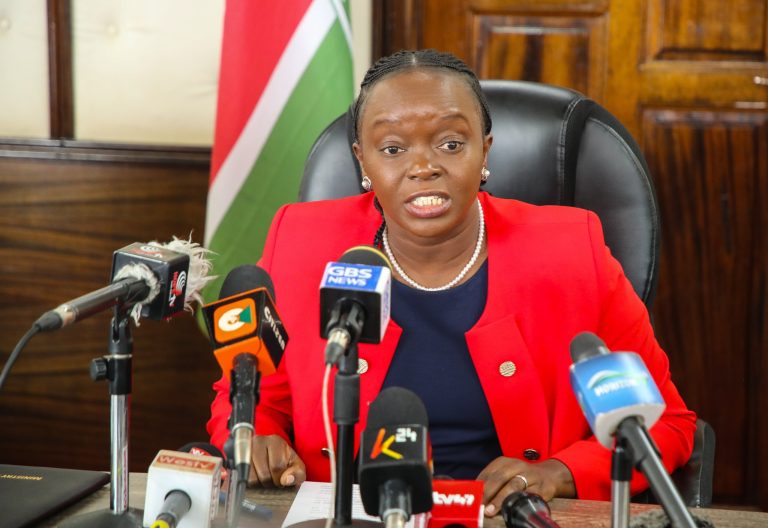Big Four agenda: Invest in agriculture to curb food imports

National policies and the Big Four agenda goals must find convergence, for the later to be realised. Food security is one of the pillars targeted at catapulting the country to middle income economy level.
But an incontestable incongruence has emerged in the shape of massive food imports, including staple from neighbouring countries. It’s a trend that in many respects negates self-sufficiency goal.
Compelling circumstances such as drought and other unavoidable extraneous factors are, of course, the exceptions. Kenya is nonetheless a strong and eloquent proponent cross-border trade in accordance with East African Community trade protocols.
Even as questions are being asked if this should be at the expense of Kenyan farmers, we are aware that imports mainly from Uganda and Tanzania ranging from dry maize, oranges, onions, potatoes, tomatoes and rice are produced more cheaply principally due to tax regimens on inputs which disadvantage the Kenyan farmer. This is the overriding policy elephant in the room.
Kenya’s population is edging closer to 50 million and with agricultural land shrinking and production costs rising, we must introspect and act.
The government must deal with accountability issues which are inimical to national interests. The narratives of massive wastage and pilfering associated with programmes meant to boost food security with little results to show for the expenditure are heart-wrenching.
A case in point is Galana-Kulalu irrigation scheme, which has failed despite gobbling up billions of taxpayers cash. We are hopeful that with the current political will and conviction to deal decisively with graft, it will no longer be business as usual.
The country is now reeling from high food prices which saw inflation soar to a three-month high of 6.27 per cent this month, from 5.70 per cent in June.
Other than declining arable land, the business environment is also heavily weighed down by high cost of land, farm inputs and farm labour. Besides taxes, these have had a major impact on cost of production.
The thorny land question has seen issues of use, tenure and cost unaddressed. Kenya’s approach is nearly extortionist compared to regional rates. This is impacting adversely as investors move elsewhere, including those who can catalyse industrialisations and value addition to agricultural produce.
The government must cushion the agriculture sector by allocating it at least 10 per cent of the GDP in line with the Maputo Declaration of 2003.








